PlanetJune Stories: Paula’s Year of Everyday Crochet
Today’s PlanetJune Story comes from Paula Gross from Vancouver, WA, who took on the challenge of crocheting every project from my book, Everyday Crochet, by the end of last year’s Reindeer Games CAL.
I knew you’d love to hear this impressive story and see all Paula’s projects, so I’ll let her tell you all about it in her own words.
Over to you, Paula…
My Year of Everyday Crochet
During my first Reindeer Games in 2023, I bought a copy of Everyday Crochet for myself. The first project I made was a tiny version of the Flecked Scarf for a PlanetJune teddy bear I’d already made. I had previously only made June’s amigurumi patterns so that’s what I expected I’d be making during the games, but seeing all the different antlers and stalls made me want to branch out.
I ended up falling in love with the Flecked Scarf pattern. It worked up so quickly and looked much more complex than it actually was. I started to dream about various color combinations I could make for myself! I ended up making two of the full size Flecked Scarves during that Reindeer Games.
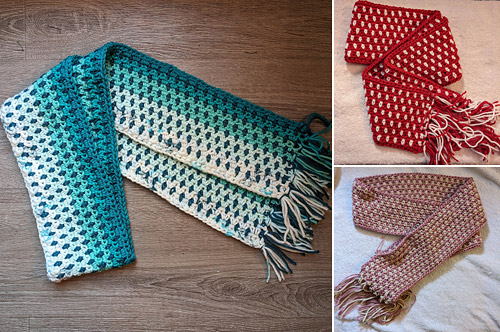
Looking back through the 2023 Reindeer Games Discord chat, I found a post from just after the games where I decided to spend 2024 making all the patterns from the book.
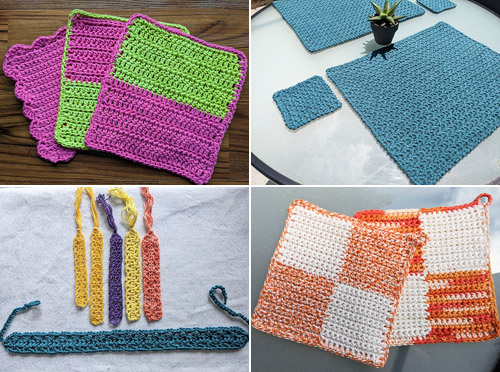
Initially I thought that meant just the patterns from the last chapter of the book, but someone else mentioned all of the practice projects in the book and all of the stitch patterns as well. Suddenly, the year of Everyday Crochet became much bigger! Since I tend to be a completionist and I love giving myself a year-end goal, I decided to go for it and make every project and stitch pattern in the whole book.
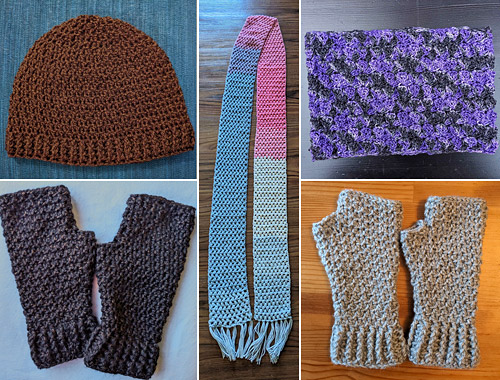
One of the biggest challenges for me was figuring out how to use all the stitch patterns in the book. I decided to make squares of each pattern and join them all together to make a pillow in colors matching the Rolling Waves Blanket. The pillow is one of the pieces I am the most proud of because it took a lot of time and I absolutely love how it turned out. The pillow and matching blanket have a place of honor on the arm chair in my reading nook.
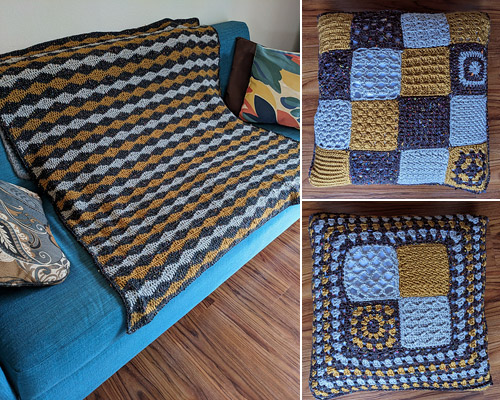
I also had fun combining patterns, such as adding a spike stitch edge and a simple flower to the phone slipcover.
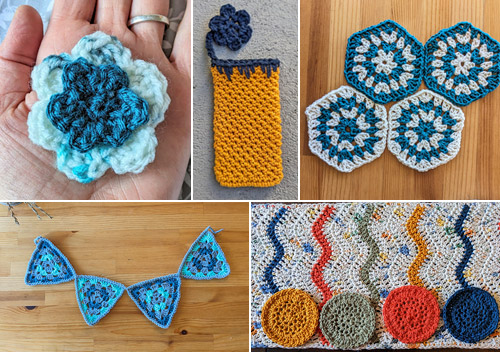
By the 2024 Reindeer Games, I had made quite a few of the patterns already. The Double Diagonals Shawl was one of the final patterns I made. I love how it turned out and it was a challenge for me using fingering weight yarn and figuring out the intricacies of the lace. I leveled up as a crocheter making that shawl.
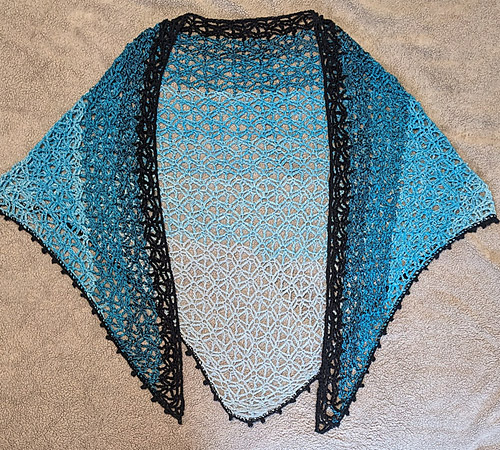
Overall I cannot say enough good things about Everyday Crochet. I love all of the patterns. My favorites, that I will make again and again for myself and as gifts, are the Flecked Scarf, the Handy Baskets set and the Solid Stripes Bag.
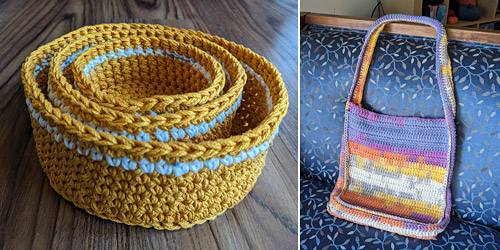
I love learning new stitches and June’s ability to write patterns that are easy to follow but produce complex-looking finished pieces is really unmatched. This is now the book I recommend to absolutely anyone wanting to learn to crochet.
(Back to me, June, again!)
Isn’t that impressive?! I designed Everyday Crochet so you could work through it from start to finish, developing new crochet skills along the way, but Paula is one of only a few people I know of who’ve crocheted through the entire book, start to finish. It was so much fun seeing Paula’s projects popping up throughout last year’s Reindeer Games CAL, and we were all cheering her on to finish the final projects by the end of the year – what an achievement!
Thank you so much, Paula, for sharing your story with us today. It makes me so happy to see how much you’ve enjoyed my book 🙂
Please leave Paula a comment if you’ve enjoyed this post!
Links: Everyday Crochet and the Reindeer Games
- If you’d like to make some – or all – of these projects, you’ll find all the patterns in my book, Everyday Crochet, available on amazon and wherever good books are sold.
Hint: This book makes a great Christmas present for beginner to intermediate crocheters, with hundreds of full-color photos and clear instructions for all the crochet stitches and techniques you’ll need. - And if you’d like to join us for the 2025 Reindeer Games crochet-along, we’d love for you to crochet along with us as you make these or any other PlanetJune projects!
Do you have a PlanetJune Story you’d like to share? I’d love to hear it! Please email your story to june@planetjune.com, together with one or more high quality photos showing what you’ve made from PlanetJune patterns. If I choose your story to feature here on the blog, I’ll send you your choice of pattern from my shop to say thank you!

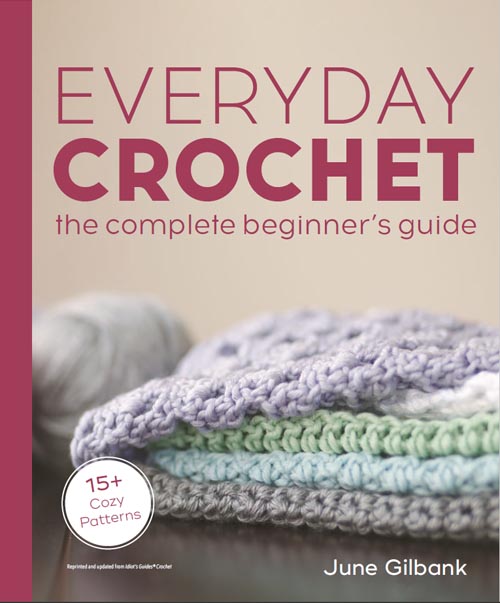


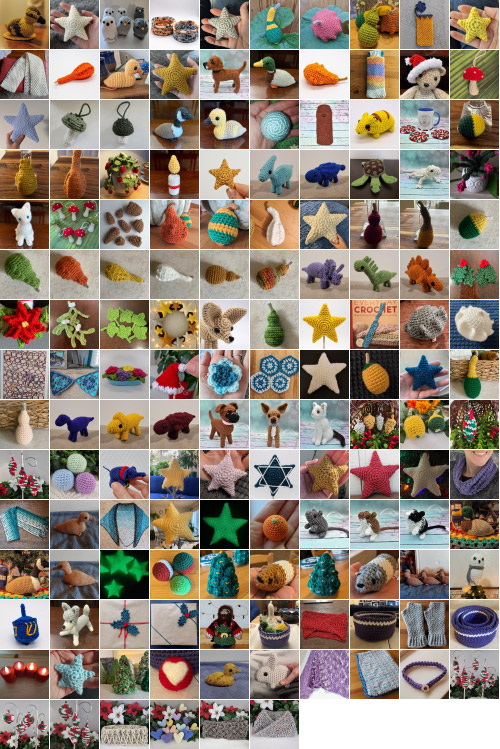
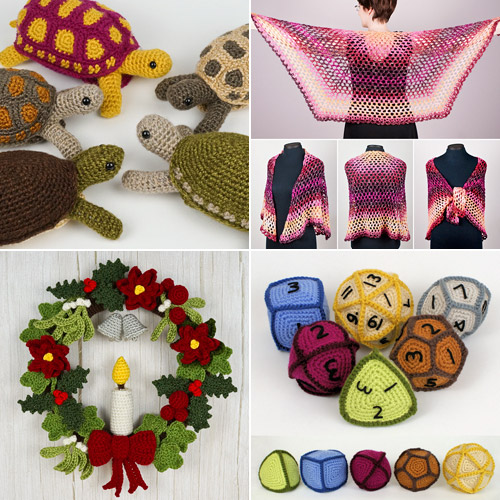 Realistic animals, elegant accessories, unique toys, seasonal decor – there’s something for everyone…
Realistic animals, elegant accessories, unique toys, seasonal decor – there’s something for everyone…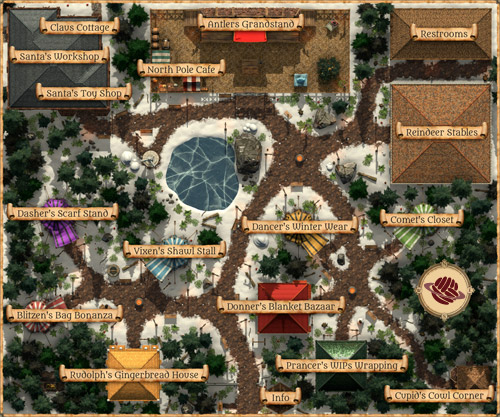
 Some of our 2024 Christmas cakes – iced and sliced!
Some of our 2024 Christmas cakes – iced and sliced! 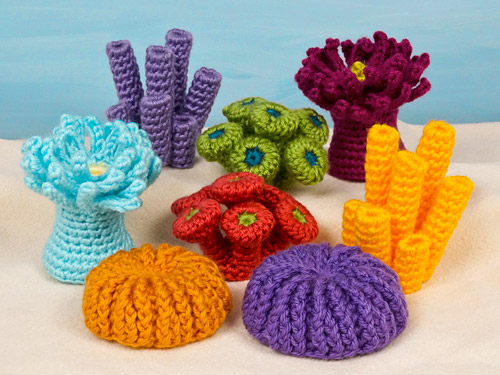
 Coral Reef Collection 2 includes (L-R): Tube Sponge (Aplysina), Mushroom Coral (Fungia), Sea Anemone (Actinaria), and Trumpet Coral (Caulastraea) crochet patterns.
Coral Reef Collection 2 includes (L-R): Tube Sponge (Aplysina), Mushroom Coral (Fungia), Sea Anemone (Actinaria), and Trumpet Coral (Caulastraea) crochet patterns.  Coral Reef Collection 1 includes (L-R): Brain Coral (Symphyllia), Toadstool Leather Coral (Sarcophyton), Staghorn Coral (Acropora), and Button Polyps (Zoanthus) crochet patterns.
Coral Reef Collection 1 includes (L-R): Brain Coral (Symphyllia), Toadstool Leather Coral (Sarcophyton), Staghorn Coral (Acropora), and Button Polyps (Zoanthus) crochet patterns. Lots and lots of notes – and fun with coloured pencils to help me balance the yarn shades between the sets!
Lots and lots of notes – and fun with coloured pencils to help me balance the yarn shades between the sets!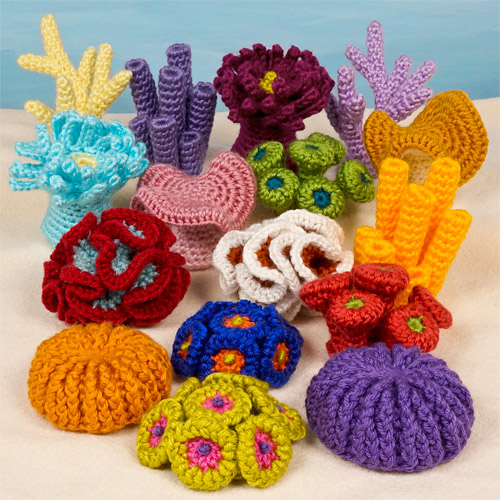
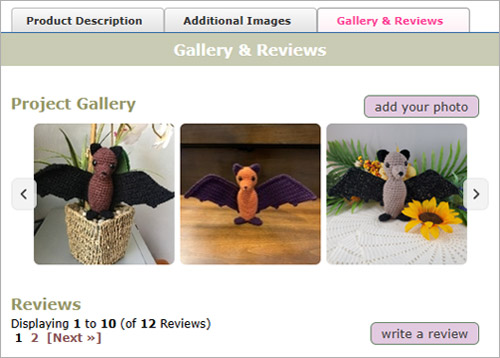
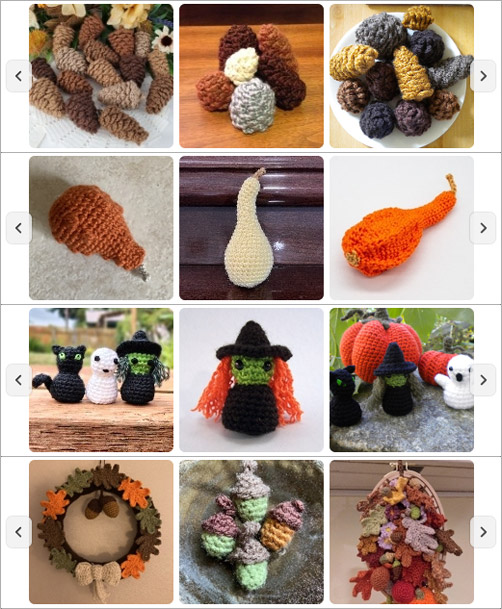
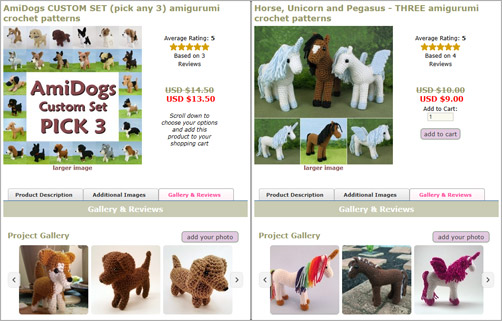

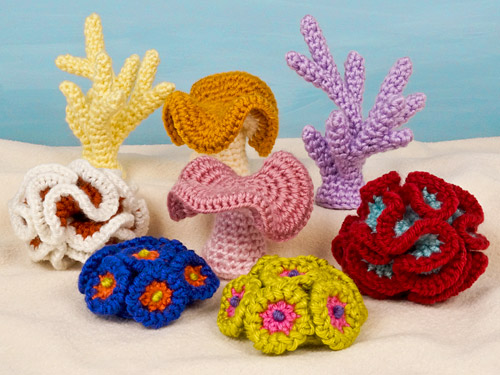
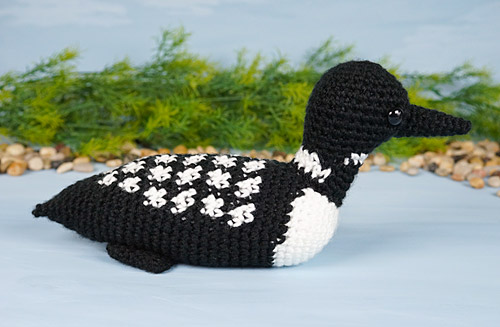
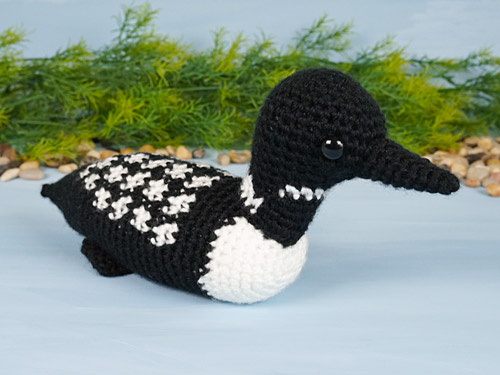
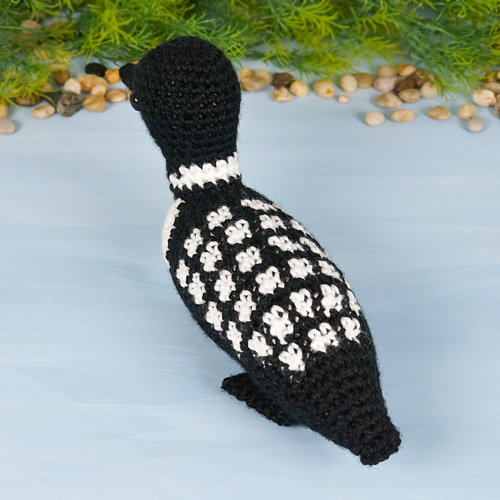
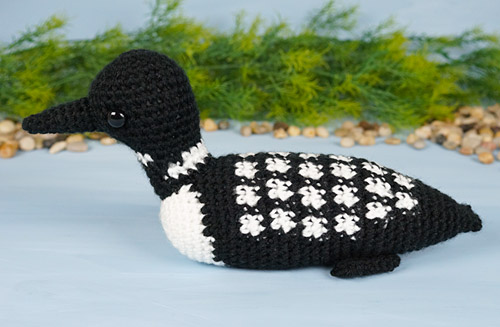

 A double-sized octopus (left) has twice the size and twice the snuggliness of a standard-sized octopus (right)!
A double-sized octopus (left) has twice the size and twice the snuggliness of a standard-sized octopus (right)!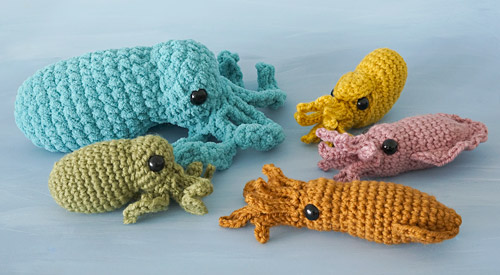
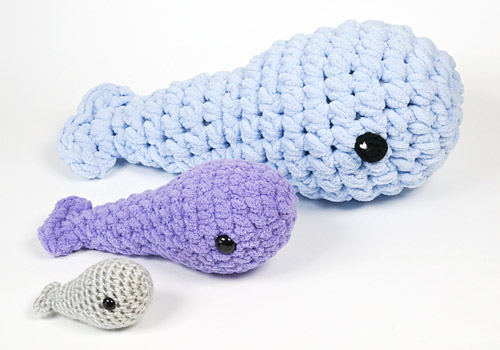
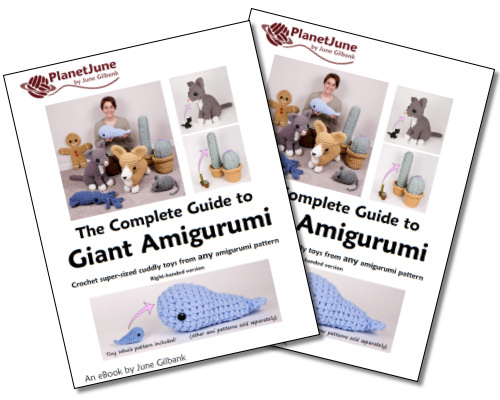
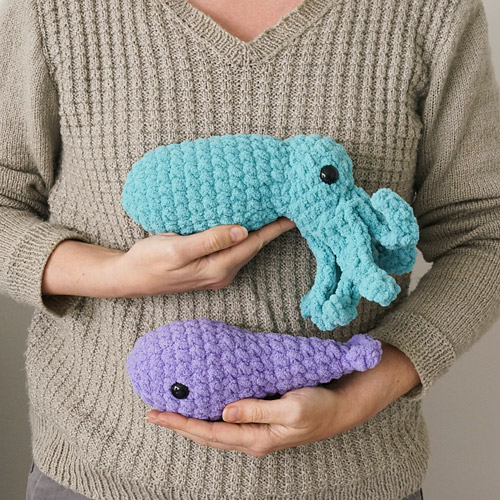
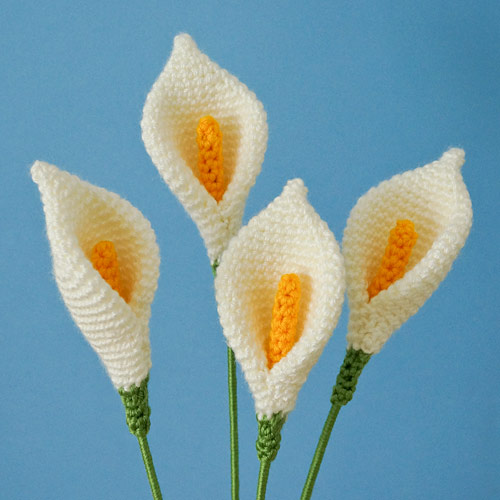
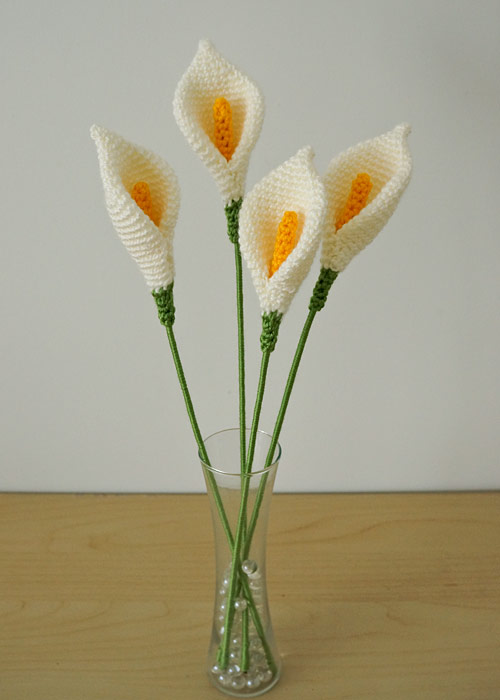
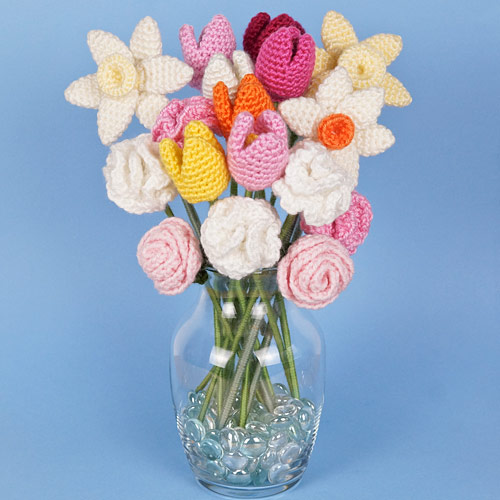 Here are all my other stemmed flowers:
Here are all my other stemmed flowers: 













